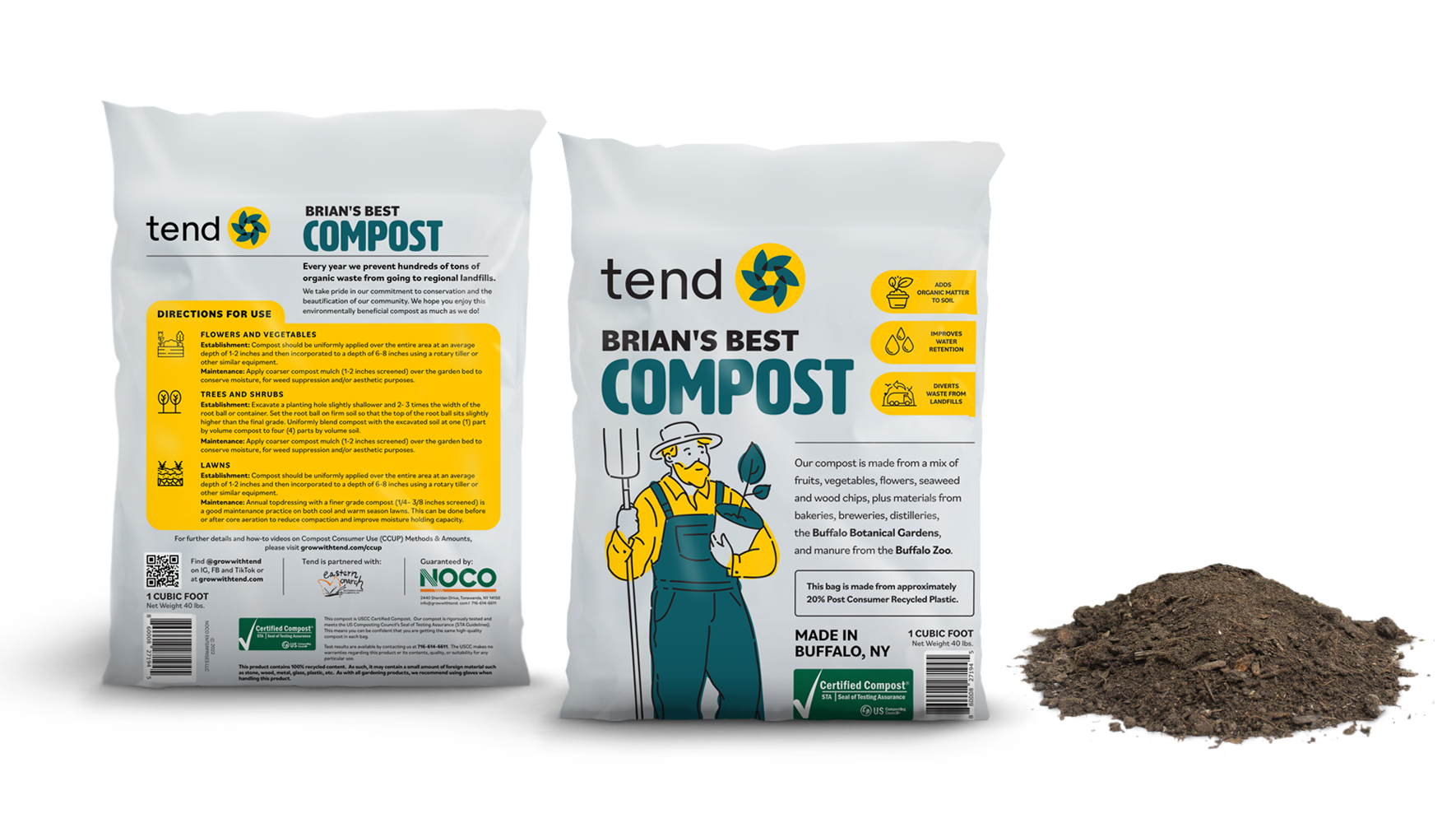
Companies from North America and abroad are collaborating to make more recycled resin products available. | Courtesy of EFS-plastics
EFS-plastics, Evonik, M. Holland and other companies are crafting partnerships with the goal of increasing the recycled resin options available to both brands and consumers.
From international projects to highly local ones, here’s a roundup of some recent partnerships.
Increasing supply
International resin distributor M. Holland partnered with plastics reclaimer Lavergne to distribute PCR, intending to provide more supply chain security and pricing stability for customers in North America.
Lavergne has manufacturing sites in Montreal, Belgium, Vietnam and Haiti.
Samantha Stone, a global sourcing leader at M. Holland, said in a press release that the partnership will help meet the demand for PCR in North America “where there is currently no viable solution.”
“M. Holland’s customers should also benefit from more stable pricing because Lavergne’s portfolio is 100% recycled plastics and does not depend on shifting petroleum prices,” Stone added.
Adding more recycled resin to products
In New York state, Tend, Salerno and EFS-plastics partnered to package Brian’s Best compost in 1-cubic-foot bags containing 20% PCR. Tend wanted to make a more sustainable packaging choice, but found that PCR lawn and garden bags were not currently in production, so the company reached out directly to EFS-plastics.
Martin Vogt, CEO and president of EFS-plastics, said the collaboration “is exactly the type of engagement this industry needs to advance PCR usage in packaging.”
Salerno Packaging, an affiliate of Inteplast Group, of which EFS-plastics is a joint venture, helped workshop the thickness and durability of the product, the graphic design on it and manufactured it.
Bobbie Thoman, director of sustainability and innovation at Tend, said the project shows “what is possible when companies come together to innovate.”
“These bags wouldn’t have been possible if it wasn’t for the enthusiasm from the entire supply chain throughout the production process,” he said.
Similarly, PAC Machinery Bags and Materials announced that all of its custom and stock pre-opened bags for automatic baggers will contain at least 25% post-industrial resin. Customers can still order bags made with virgin content upon request, a press release stated.
“This decision was made as part of a continued focus on providing innovative, sustainable packaging options for the growing environmentally-conscious business consumer,” the press release noted.
In the composite fabrics world, Serge Ferrari Group released the Seemee Loop Mesh and Seemee Loop Frontlit in the North American market, made with 100% PCR. They can be used for various building coverage applications, scaffolding cladding, privacy walls, promotional banners and window curtains and are printable with UV and latex inks.
The two products “provide sustainable printable solutions for a variety of indoor and outdoor print media applications such as banners and billboards,” a press release noted.
Both products are part of the Loop line, all of which are made with 100% recyclable materials and aim to be light and durable.
Investing in recyclability
German specialty chemicals company Evonik invested in the British company Interface Polymers, seeking to make PE and PP easier to recycle.
Interface Polymers’s Polarfin additives make it easier to recycle PE and PP and reduce the amount of additives needed, a press release noted.
Bernhard Mohr, head of venture capital at Evonik, said Interface Polymers’ additive technology is an “excellent fit with Evonik’s Circular Plastics Program.”
Evonik will also add Interface Polymers to its Sustainability Tech Fund investment portfolio launched in 2022.
More stories about processors
- Major plastic initiative sets sights on system change
- California will fund mixed plastics facility, other projects
- E-plastics processor expands line of recycled board


